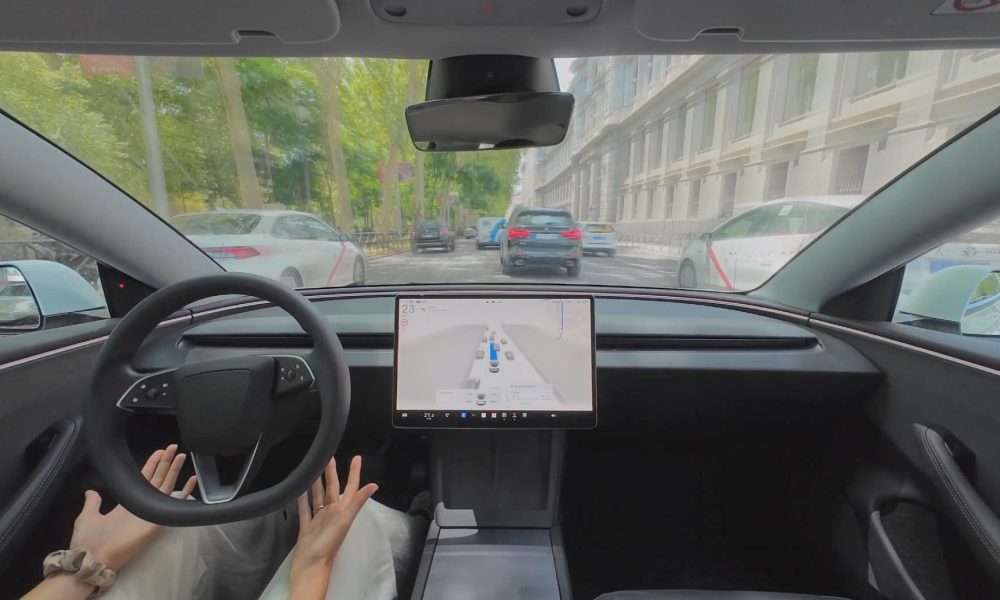Tesla is set to appeal a recent jury verdict that found the company partially liable for a fatal crash in Key Largo, Florida, in 2019. The crash occurred when a vehicle driven by George McGee went off the road and hit a couple, resulting in the death of a 22-year-old and injury to the other individual.
The jury determined that Tesla’s driver assistance technology played a role in the crash, as it enabled McGee to take his eyes off the road despite warnings from the company that its systems are not a substitute for a human driver. Tesla specifically states on its website and Owner’s Manual that Autopilot and Full Self-Driving are not fully autonomous and that drivers must be prepared to take control in case of an emergency.
Despite these warnings and the fact that McGee admitted to being distracted by his phone, Tesla was ordered to pay significant damages. The company is responsible for a total of $324 million in payouts, including $200 million in punitive damages and additional amounts to the deceased’s family members and the injured boyfriend.
The family of the deceased filed a federal suit against Tesla in 2024, alleging that the company was at fault for allowing its technology to be used on a road it was not designed for. However, Tesla maintains that drivers remain responsible for paying attention while using its driver assistance features.
CEO Elon Musk has confirmed that Tesla will appeal the jury’s decision, indicating that the company believes it should not be held liable for the crash. The appeal process is expected to focus on the driver’s distraction as a key factor in the accident and whether Tesla adequately warned users about the limitations of its technology.
Overall, the case highlights the importance of driver attentiveness and the potential legal implications for companies developing advanced driver assistance systems. As the appeal process unfolds, more information is likely to emerge regarding the circumstances of the crash and the extent of Tesla’s responsibility in this tragic incident.

